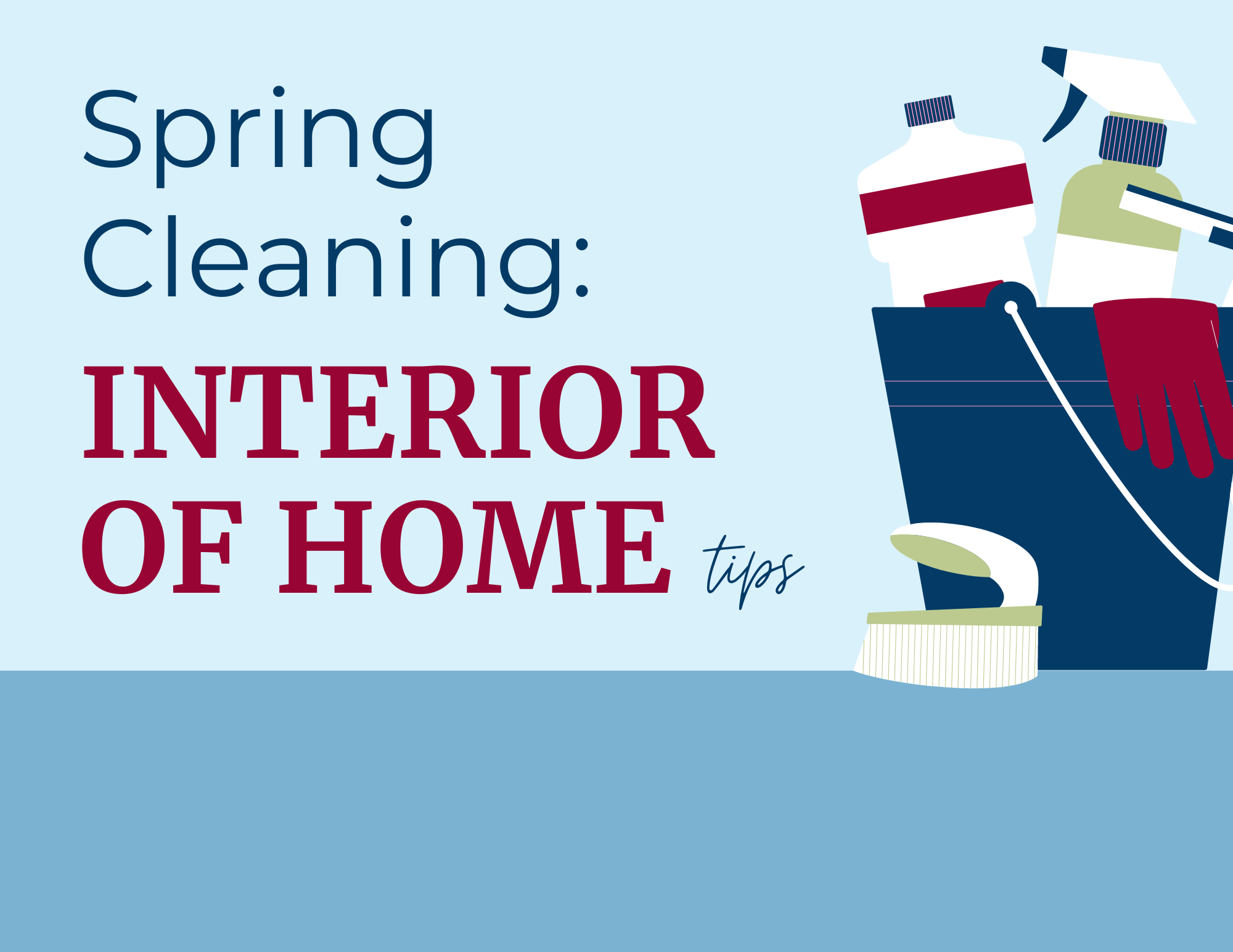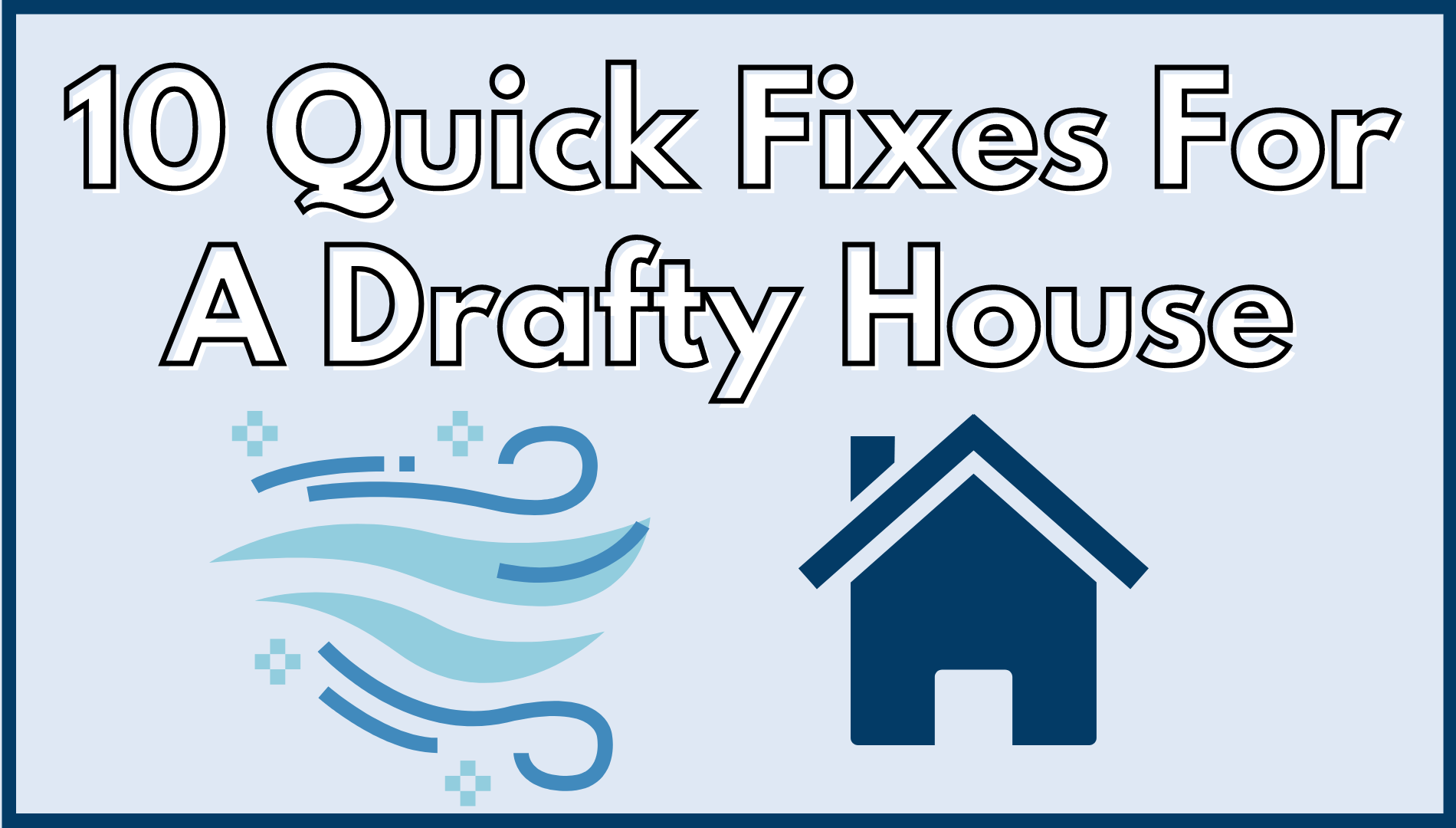Spotlight On: 1st Time Buyers
A home is one of the most significant and lucrative investments you can make. However, homeownership comes with an unavoidable expense: home insurance. Disasters such as fire outbreaks and natural calamities like floods, hurricanes, and tornadoes can cause widespread damage to your property.
A home insurance policy will protect your house, belongings, and third-party property against such hazards. However, an insurer provides different premium rates depending on multiple factors, most of which are under your control. The three tips below should guide you to make an intelligent decision while purchasing your home insurance premiums.
1: Know Your Location
The location of your home determines the amount of insurance policy premiums your insurer will charge.
If you purchase property in locations susceptible to severe weather patterns such as hurricanes, flooding, and wildfires, your premiums will be higher because your property is at an increased risk of damage. In addition, if you live in a secluded place far away from a fire department, you might pay higher premiums compared to a homeowner that lives near a firefighter's station.
2: Know What Insurance Is Enough for You
As a homeowner, you do not want to be under or over-insured. You want to pay the premiums that are enough to cover your property should the unthinkable happen. More than often, homeowners are underinsured because they do not cover their home’s replacement value. Replacement value connotes the current cost of building your home from the foundation up to the top.
In recent years, the cost of building materials has increased significantly. As such, the cost of rebuilding your home is often higher than the market value estimates. Also, renovating your home increases its market value and replacement cost.
Therefore, inform your insurer of a remodel to ensure your home insurance cover updates accordingly. Your monthly insurance deductibles will increase in most cases, but you will have peace of mind knowing that you will receive adequate compensation should you file for a significant claim.
On the other hand, you might not want to use your hard-earned money over insuring your property. As a homeowner, you need to review the details of your insurance policy once it is up for the annual renewal.
Check for floaters, which are an additional form of insurance to your standard policy. For instance, if you had covered personal floaters such as jewelry or artwork, you could have sold them, or their value could have substantially decreased. In this case, remove them from your coverage, which allows you to save some money.
3: Save Money Through a Monitored Home Security Alarm System
Installing safety and preventative measures in your house can qualify you for insurance premium discounts. The insurance company does not consider your property an insurance risk since it is less prone to the insured hazards. For this reason, they will often reduce your annual premiums.
Monitoring your home with security cameras and installing deadbolt locks helps prevent theft and burglary. Also, fire safety devices such as fire alarms, fire extinguishers, fire ventilation systems, and fire sprinklers can help prevent and reduce fire damage. Your insurer should tell you the amount of money you can save on premiums by taking precautionary measures to protect your house.
Owning a home is often a milestone towards realizing the American dream. While a home insurance policy is not mandatory by law, you should get one to protect your property and belongings as a homeowner.
However, acquiring the best-fit insurance policy can be an overwhelming endeavor. At the Philadelphia Contributionship, we take pride in being the first home insurer in the United States. Contact us today and let our experience help you get the best home insurance coverage.






